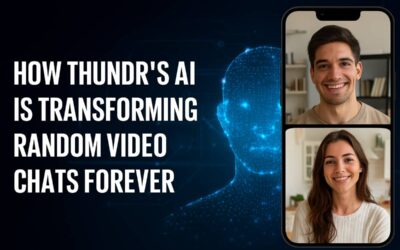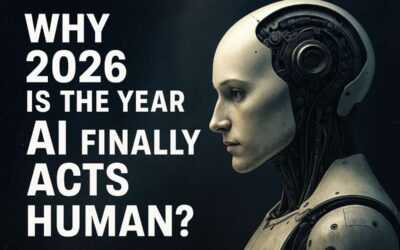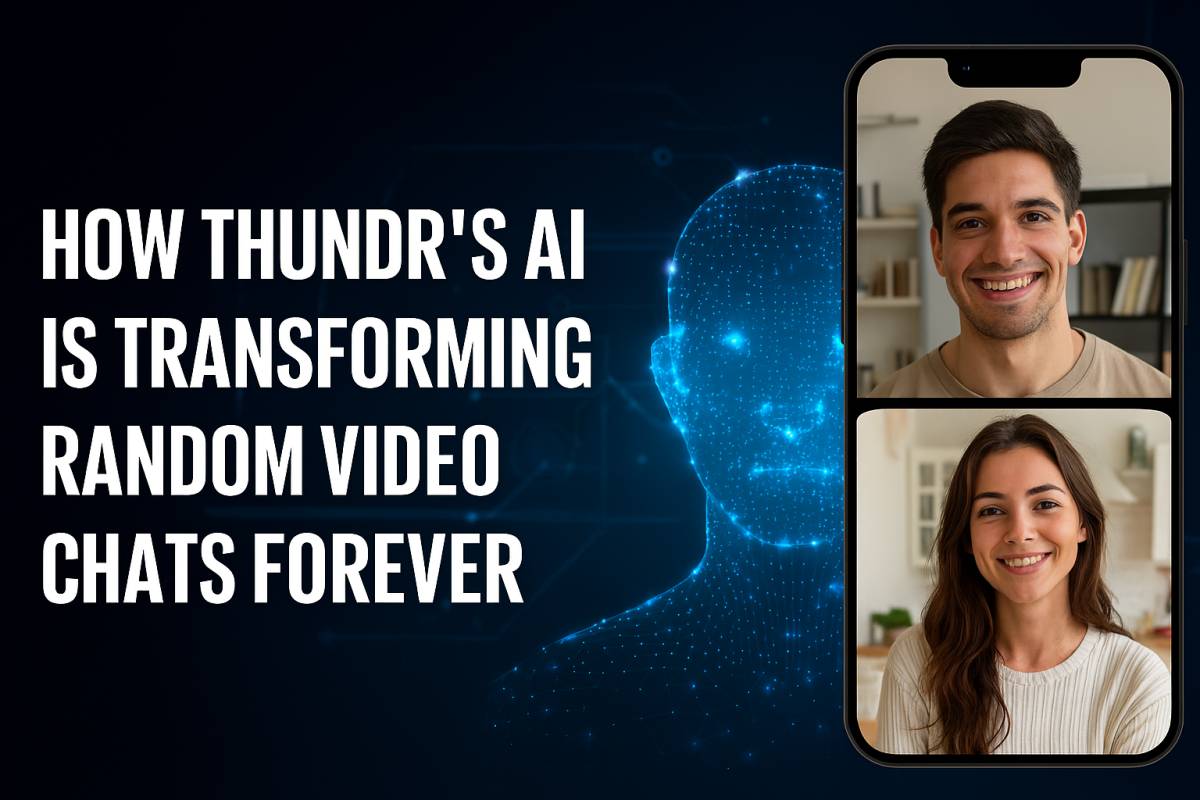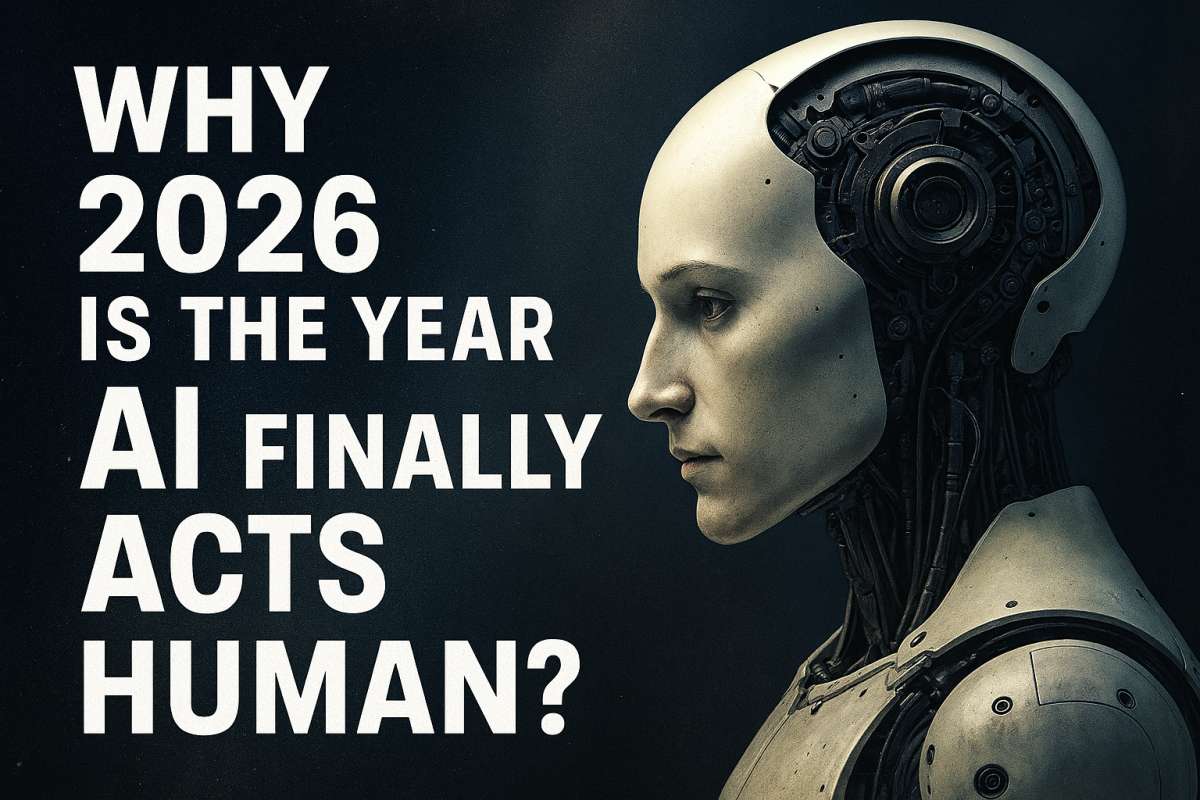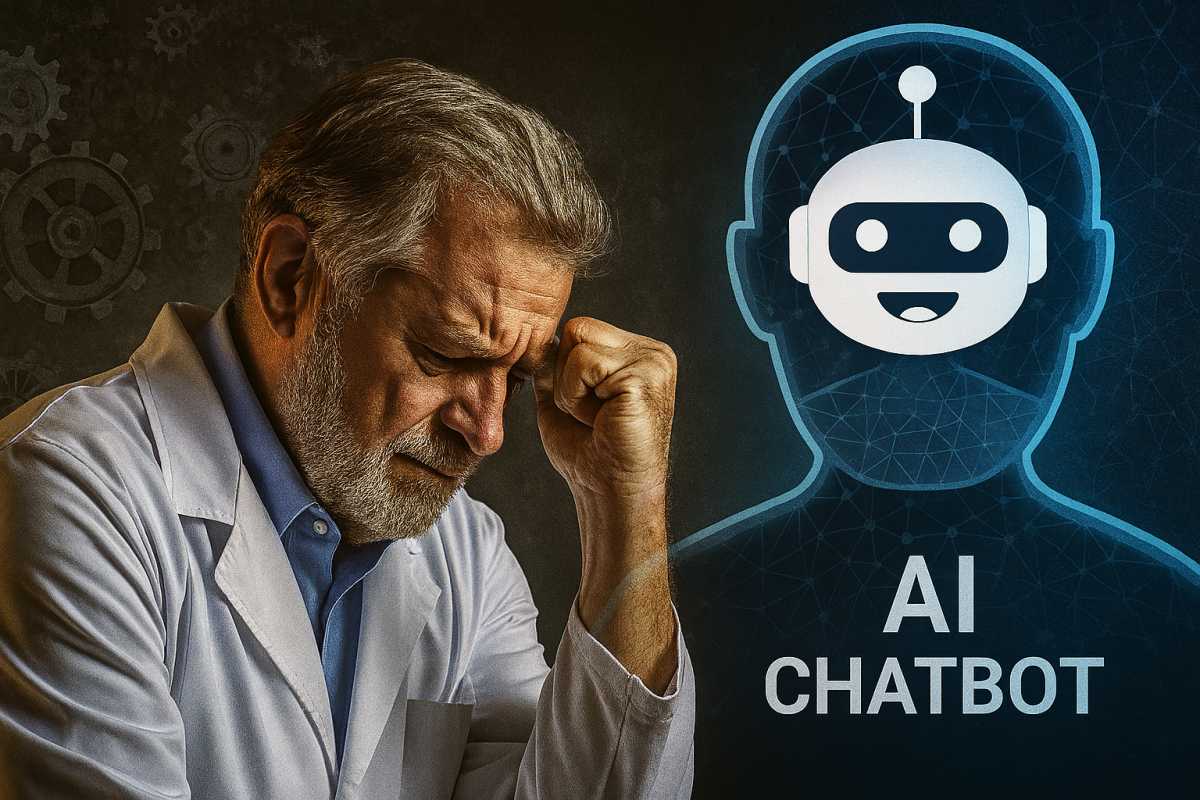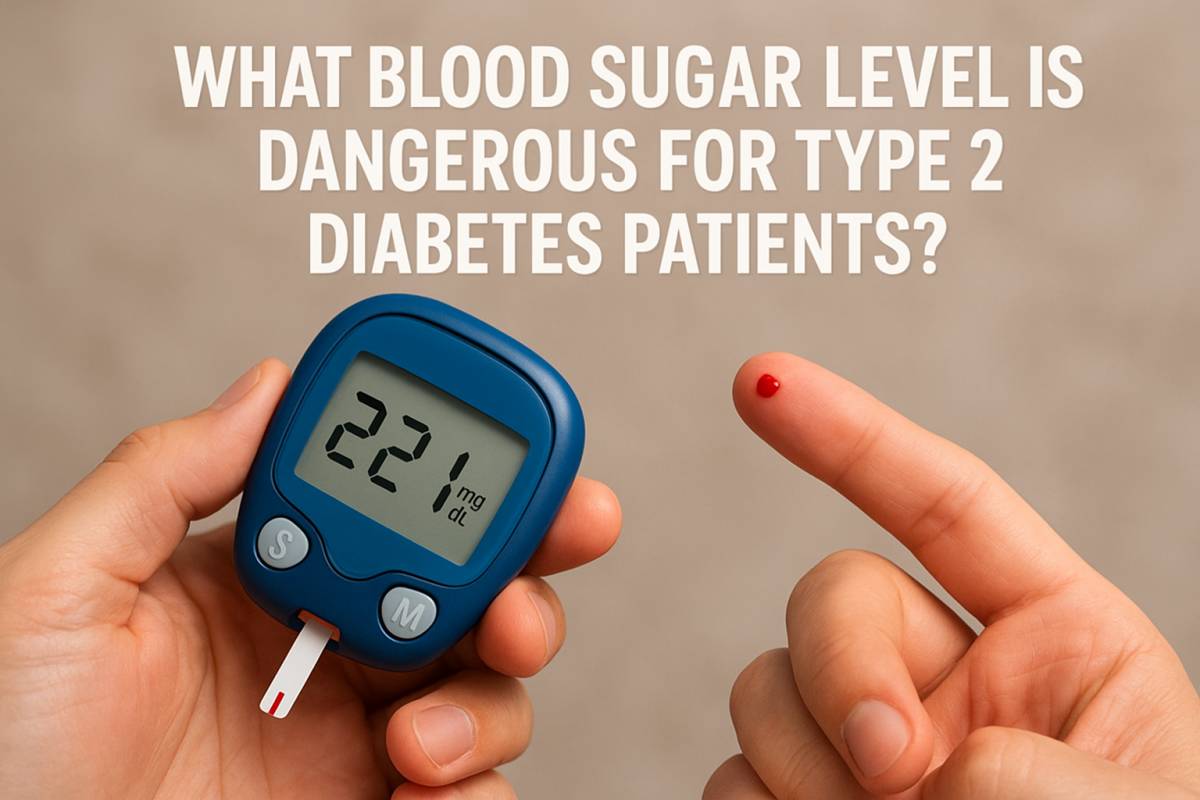Revolutionizing Health Care: AI & Biomedical Breakthroughs
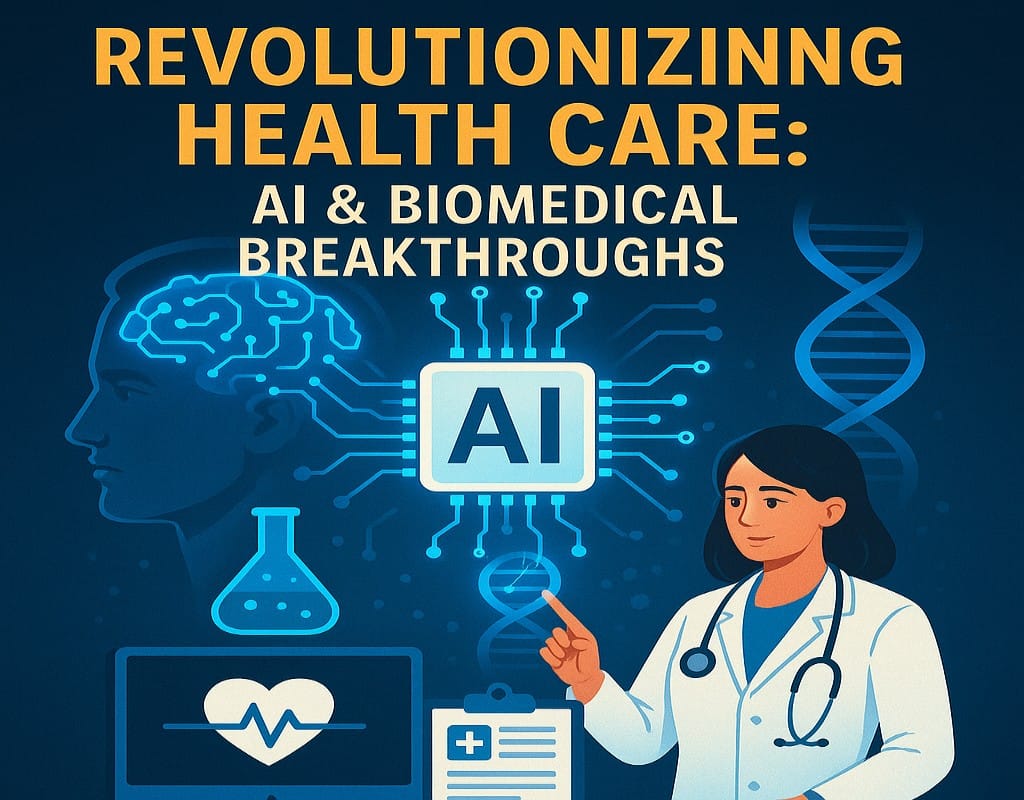
Artificial Intelligence (AI) and biomedical innovations are transforming health care by improving diagnostics, personalizing treatment, accelerating drug discovery, and enhancing patient care. These technologies are not just evolving the industry—they are fundamentally revolutionizing it.
The Intersection of AI and Medicine
What is AI in Health Care?
Artificial Intelligence in health care refers to the use of machine learning algorithms and software to analyze complex medical data. These systems can mimic human cognition in the analysis, interpretation, and comprehension of complicated medical and healthcare data.
Key Benefits:
- Faster Diagnoses: AI can analyze images (e.g., X-rays, MRIs) faster and often more accurately than humans.
- Predictive Analytics: AI models can forecast disease outbreaks, patient deterioration, or likely outcomes.
- Administrative Automation: Reduces workload and errors in medical billing, scheduling, and records management.
Biomedical Breakthroughs Reshaping Treatment
1. Precision Medicine
Precision medicine tailors treatment based on individual genetics, environment, and lifestyle. Through genomic sequencing and AI analysis, doctors can now prescribe drugs that are more likely to be effective for each patient.
Example: Cancer therapies are increasingly based on genetic markers, enabling more targeted and effective treatment.
2. CRISPR and Gene Editing
CRISPR-Cas9 technology allows scientists to “edit” DNA with high precision. This can potentially cure genetic disorders such as sickle cell anemia and certain types of inherited blindness.
3. Regenerative Medicine
This field involves using stem cells and tissue engineering to repair or replace damaged organs. AI helps by designing synthetic tissues and simulating how they function in the body.
Real-World Applications and Case Studies
AI in Radiology
Companies like Aidoc and Zebra Medical Vision provide AI tools that assist radiologists by flagging potential issues in scans, improving both accuracy and speed.
Drug Discovery
Traditional drug development can take over a decade. AI now helps identify promising compounds in months. For example, DeepMind’s AlphaFold predicts protein structures with unprecedented accuracy, accelerating the development of new drugs.
Robotic Surgery
AI-powered surgical robots, like the da Vinci Surgical System, assist surgeons in performing delicate operations with enhanced precision, fewer complications, and faster recovery times.
Challenges in AI and Biomedical Integration
Despite its promise, the revolution faces hurdles:
- Data Privacy Concerns: Ensuring patient data is secure and used ethically.
- Bias in Algorithms: AI systems can inherit bias from the data they’re trained on.
- Regulatory Approvals: Biomedical innovations must pass rigorous safety tests, which can delay implementation.
The Future of Health Care
AI + Wearables = Continuous Monitoring
Smartwatches and biosensors now collect real-time health data. When combined with AI, they can detect anomalies like irregular heartbeats or blood sugar spikes instantly, prompting timely interventions.
AI-Powered Virtual Health Assistants
Chatbots and virtual health assistants, powered by natural language processing, are being used to provide 24/7 support, schedule appointments, and offer medical advice, especially in under-resourced areas.
Final Thoughts
The convergence of Artificial Intelligence and biomedical sciences is not just enhancing health care—it’s redefining it. From personalized treatments to real-time diagnostics and predictive care, these technologies are making medicine more proactive, precise, and accessible. As innovation continues to accelerate, a future of smarter, more efficient, and more human-centered health care is within reach.



